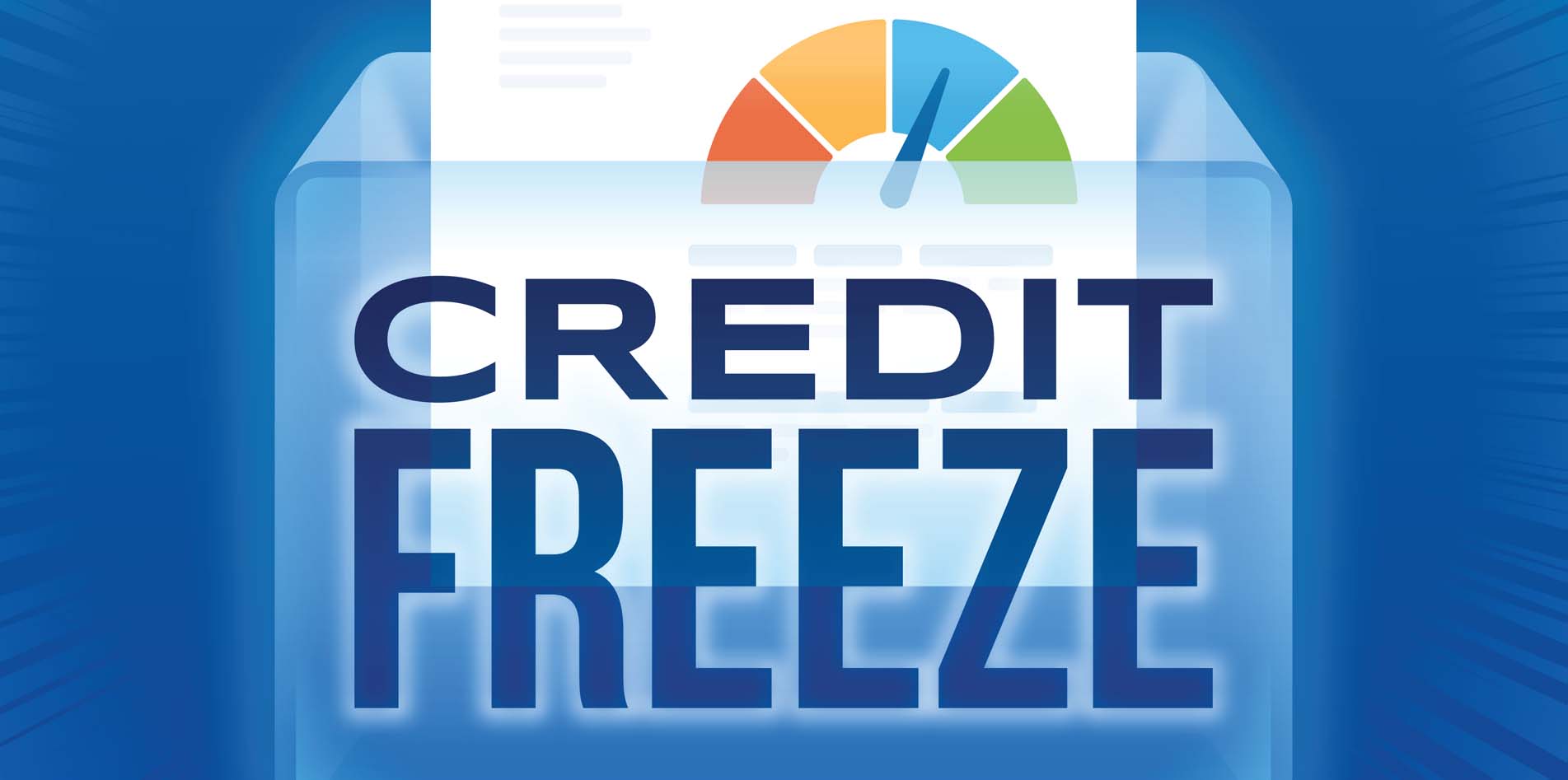
In today’s digital age, identity theft and credit fraud are more common than ever. One powerful tool you can use to protect yourself is a credit freeze. But what exactly is a credit freeze, and how does it help safeguard your financial well-being? Let’s break it down.
💡 What Is a Credit Freeze?
A credit freeze, also known as a security freeze, is a free service that lets you restrict access to your credit report. When your credit is frozen, lenders and other companies cannot view your credit file — making it extremely difficult for identity thieves to open new accounts in your name.
🔒 How a Credit Freeze Protects You
Credit fraud typically happens when someone uses your personal information (like your Social Security number) to apply for loans or credit cards. But here’s the catch: most lenders check your credit before approving a new account.
By freezing your credit, you’re essentially blocking these checks from happening — which means even if someone has your personal details, they won’t get far.
🛠️ When Should You Consider Freezing Your Credit?
You might want to freeze your credit if:
- You’ve been a victim of identity theft
- Your personal info was exposed in a data breach
- You want to take proactive steps to prevent fraud
- You don’t plan to apply for credit or loans anytime soon
A freeze doesn’t affect your credit score and can be lifted or “thawed” temporarily when needed.
📍 How to Freeze Your Credit
To fully protect yourself, you need to request a freeze from all three major credit bureaus:
- Equifax – equifax.com
- Experian – experian.com
- TransUnion – transunion.com
Each bureau allows you to freeze and unfreeze your credit online, by phone, or by mail — and it’s completely free.
🧊 Credit Freeze vs. Credit Lock: What’s the Difference?
Both a credit freeze and a credit lock restrict access to your credit report, but they’re not quite the same:
- Freeze: Regulated by federal law, free to use, slightly less convenient
- Lock: Offered by the credit bureaus, sometimes part of a paid service, easier to toggle on/off via app
A freeze offers stronger legal protection, but either option is better than doing nothing.
📝 Final Thoughts
A credit freeze is one of the simplest and most effective ways to protect yourself from credit fraud. It won’t stop all types of identity theft, but it will make it much harder for fraudsters to open accounts in your name.
Taking this extra step could save you a major financial headache — and give you peace of mind.
Need help protecting your credit or recovering from fraud?
At JDP Credit Solutions, we help you stay one step ahead. 💼
👉 Contact us today to learn more about smart credit protection tools.
